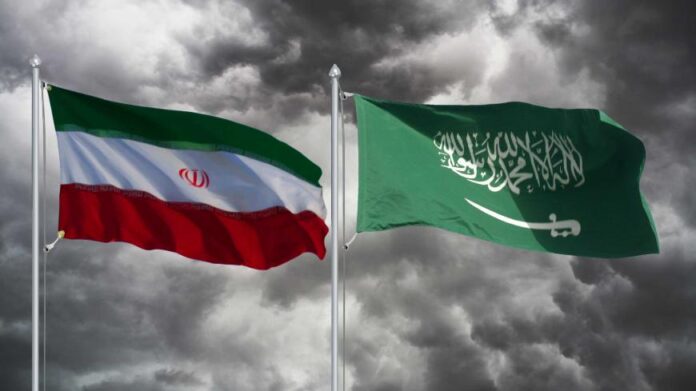Author: Zahid Shahab Ahmed and Shahram Akbarzadeh
Affiliation: Deakin University Australia
Organization/Publisher: Routledge
Date/Place: June 16, 2020/UK
Type of Literature: Article
Number of Pages: 16
Link: https://www.tandfonline.com/doi/full/10.1080/09584935.2020.1779181
Keywords: Pakistan, Iran, Saudi Arabia, Neutrality, Foreign Policy
Brief:
The article focuses on Pakistan’s claim of neutrality in its foreign policy toward Muslim countries, specifically with Saudi Arabia and Iran. The authors argue that external and internal factors, such as sectarian demographics, cultural relations, geography, economic and geopolitical realities have shaped Pakistan’s foreign policy objectives and its neutrality. Historically, Pakistan’s relations were cordial both with Saudi Arabia and Iran. During the Soviet invasion (1979-1988), Pakistan and Iran supported Mujahedeen to fight against the Soviet Union with the help of Saudi Arabia. But the changing dynamics in Afghanistan and Pakistan’s support for Taliban government affected its relations with Iran. Pakistan’s security dilemma has sought to keep its alliance with greater power which is also connected with economic benefits. Pakistan’s economic reliance on Saudi Arabia is not mirrored in its relationship with Iran. The Islamic Military Counter Terrorism Coalition (IMCTC) placed Pakistan in a difficult situation in which it moved from refusal to join to outright support of the military alliance, while the balance of Pakistan’s foreign policy has been tilted towards Saudi Arabia. The authors conclude that Pakistan has found it difficult to remain neutral as tensions increase between Iran and Saudi Arabia. Pakistan’s concern over expanding Indo–Iran relations, sectarian concerns and, to a lesser extent, economic considerations have pushed Pakistan away from Iran into the Saudi orbit.
By: Razia Wadood, CIGA Senior Research Associate




